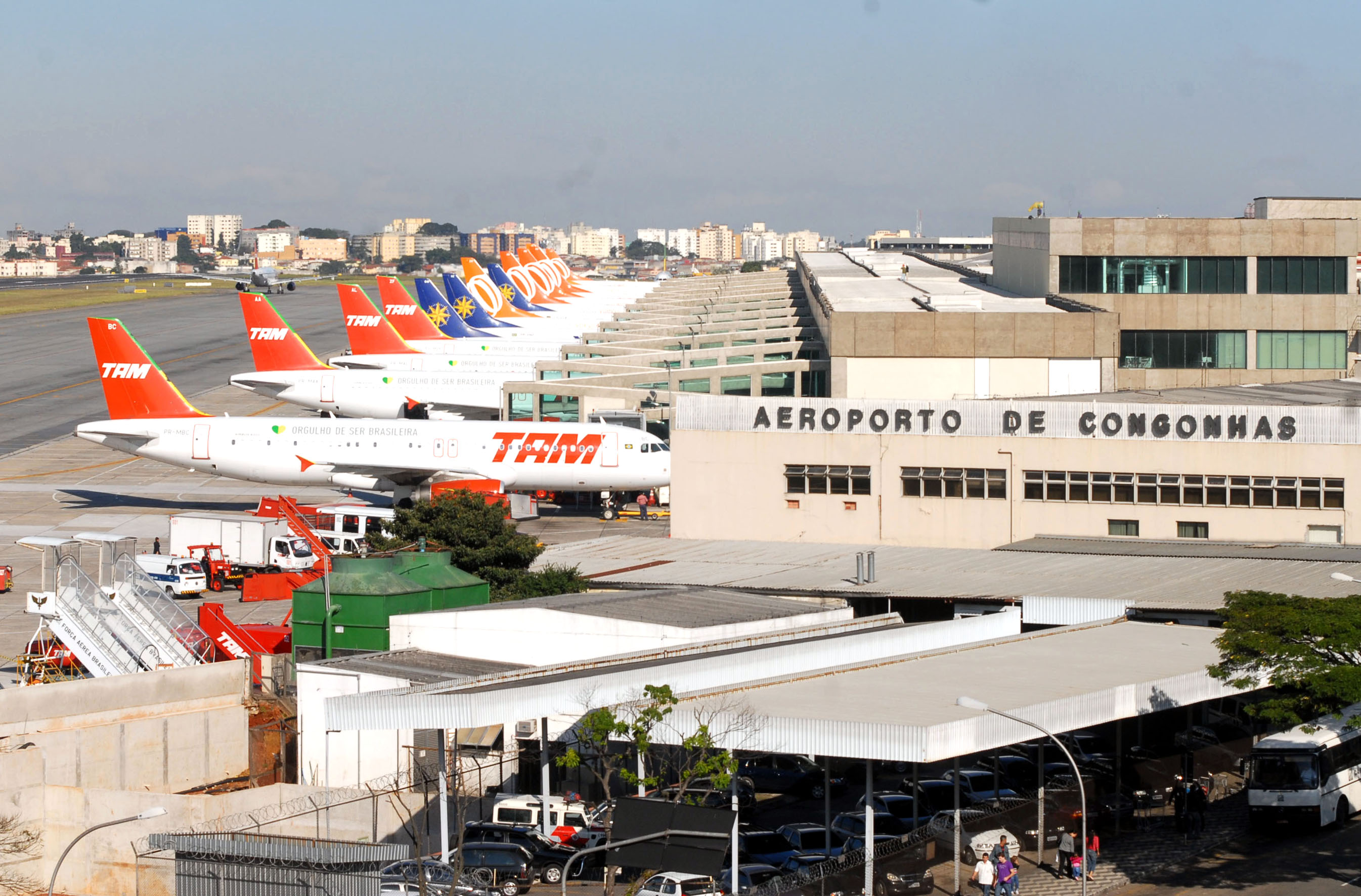Brazilian Finance Minister Joaquim Levy said on Wednesday that he expected the country’s economic slowdown to be temporary and that fiscal discipline remained central to ensuring the recovery as a commodity price boom waned, Reuters reported.
Speaking to investors in London, Levy said fiscal discipline was needed to cushion the economy against the inflationary effects of a falling real, something the central bank should remain “very vigilant” about.
“Brazil is going through a period of economic adjustment. Our priority has been to ensure the sustainability of public finances as the basis of a new growth cycle,” Levy said in a presentation at the London Stock Exchange.
“We expect the current slowdown of our economy to be temporary. I am confident that by next year we will start to see results,” he said.
Brazil’s economy has been stagnant for most of the past four years, and the International Monetary Fund predicts a contraction of 1 percent in 2015, though adding it could return to growth in 2016.
The IMF said on Tuesday that Brazil must do more to achieve its 2015 fiscal savings goal and needs deep economic reforms to foster stronger growth.
Levy reiterated that the government is sticking to its primary surplus target - excess revenues before interest payments on debt - of 1.2 percent of growth domestic product, something the IMF said is crucial to regain investors’ confidence.
He said the Brazilian economy is flexible enough to ensure that the current adjustment, like others in recent history, is relatively short. Business sentiment should start to improve in the coming months, he added.
Discretionary Spending
Levy, a former banking executive and fiscal hawk, said the government aims to bring discretionary spending back to 2013 levels. A mix of tax rises and expenditure cuts could save $32 billion.
However, analysts doubt Levy will be able to reach his primary surplus target as the slowdown reduces tax revenues.
Levy also said Brazil needed to cut its debt burden because of the drag on growth and urged the central bank to remain vigilant on inflation.
It is the “clear responsibility of the central bank to remain very vigilant ... so that whatever change in prices that comes through doesn’t translate into an inflation process,” Levy said.
Generous spending and tax breaks in President Dilma Rousseff’s first term left Brazil with an overall deficit of 7.8 percent of GDP in the 12 months through March and contributed to annual inflation currently at 8.2 percent.
That’s the highest since 2003 and almost double the central bank’s official inflation target of 4.5 percent, which hasn’t been met for years.


